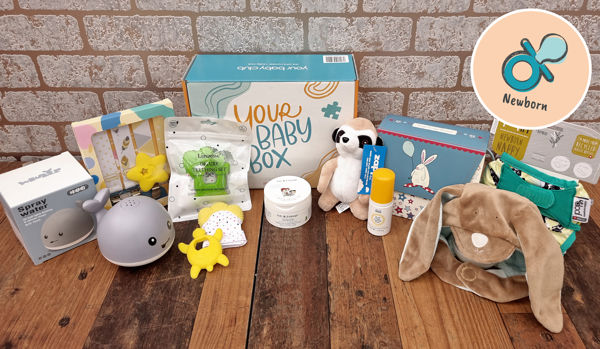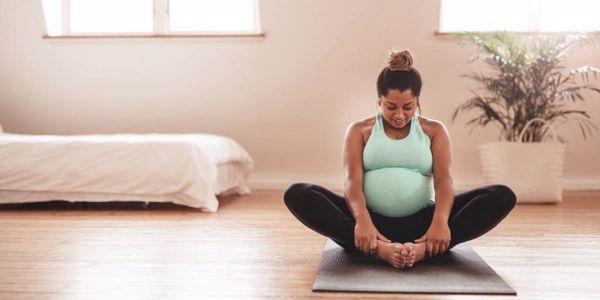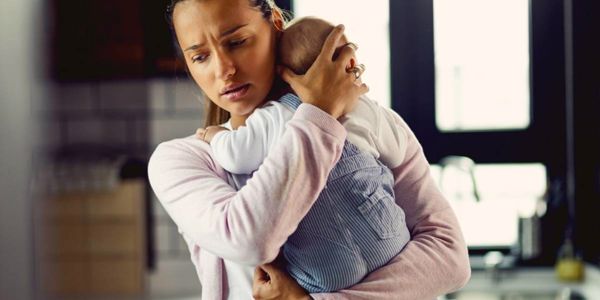Congratulations! You grew and gave birth to another human being. You are literally incredible! Your body has undergone one of the biggest challenges it will ever go through and needs time to recover and heal well. Whether you’ve had a vaginal birth or a c-section, your body has undergone a lot of trauma and needs to be rehabilitated back safely and effectively, back to full function.
The first few weeks are all about getting nutrient dense foods and plenty of liquids to assist in your healing. Gentle movement (in the form of short walks, when you feel ready) and stretches, will keep you from becoming chair shaped. There is no shame in taking painkillers when you need them as tears, episiotomies, c-sections cause genuine pain.
You can begin breath work (that we covered in our blog on 'Pelvic Girdle Pain') as soon as you can feel your pelvic floor (this may take several days, depending on the trauma of your labour and birth). This is a great way to focus on tummy breathing and relaxing your pelvic floor, as well as starting to get them to contract too.
After 6 weeks, (this may be longer and that is totally fine) you may feel like you want to start doing some exercise. Postnatal Pilates, yoga or other postnatal-specific classes can be a good place to start. If you have it in your budget (and highly recommended), a 'Mummy MOT' would be a great place to begin. This is a specific postnatal assessment where a specialist physiotherapist will look at your posture, your function and test for any tummy gap (diastasis recti). They will screen you for any bladder/bowel/prolapse/sexual dysfunction and give you a tailored plan of how to start your rehab.
Strengthening from the inside out is the best advice that we can give you. Exercise should not be rushed into as you can cause yourself injury and postnatal complications. The pelvic floor muscles are still healing 3-6 months (sometimes longer) after giving birth and if you have had a c-section, you have undergone major abdominal surgery.
When to Seek Help
It is common to have some leaking (urinal/fecal) for a couple of months after giving birth, however if this is something that is not improving, it is best to seek help.
If you are experiencing symptoms of heaviness, dragging, or bulging in the vagina, these could be symptoms of a prolapse. These are common, though again, it is best to get yourself checked out.
For ongoing pain in your pelvis, tailbone, groin, during sex, certain movements, or around your c-section scar, there is always something that can be done. Please do not suffer in silence!





